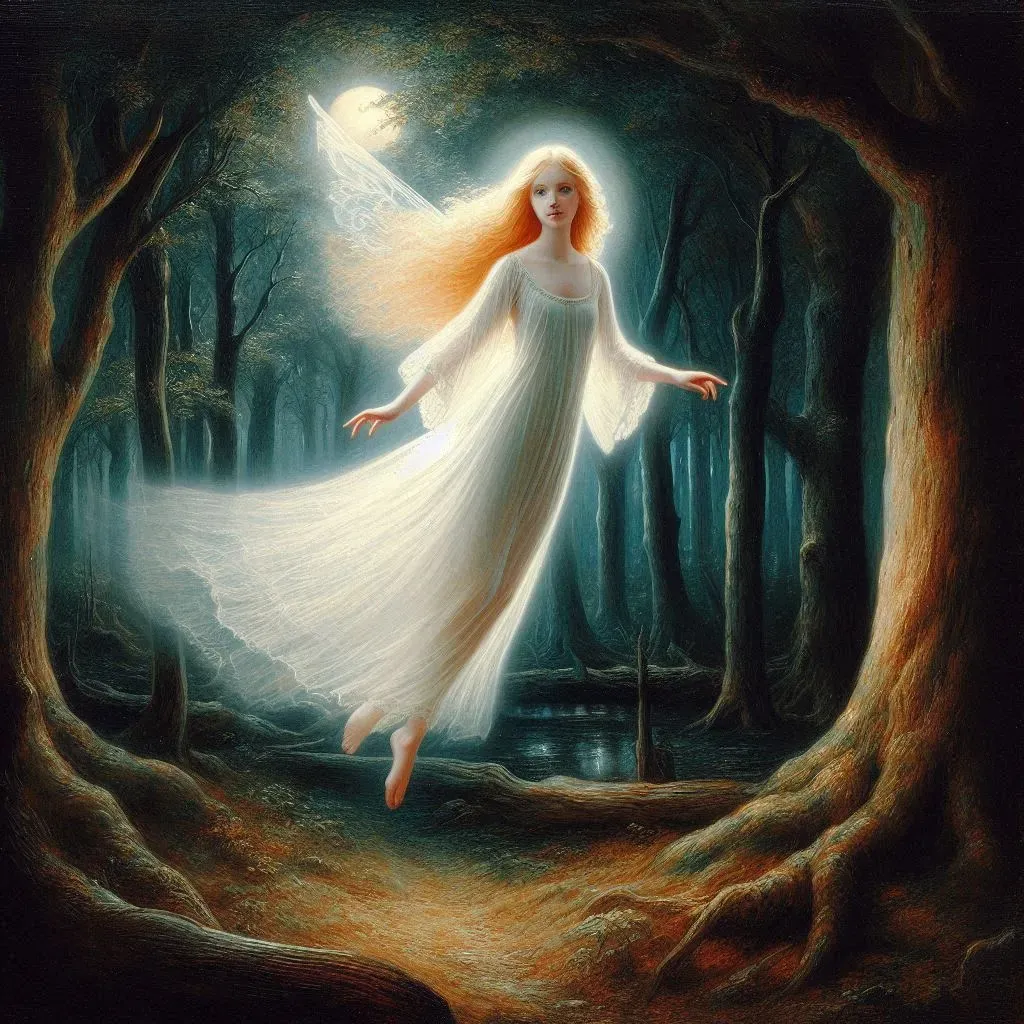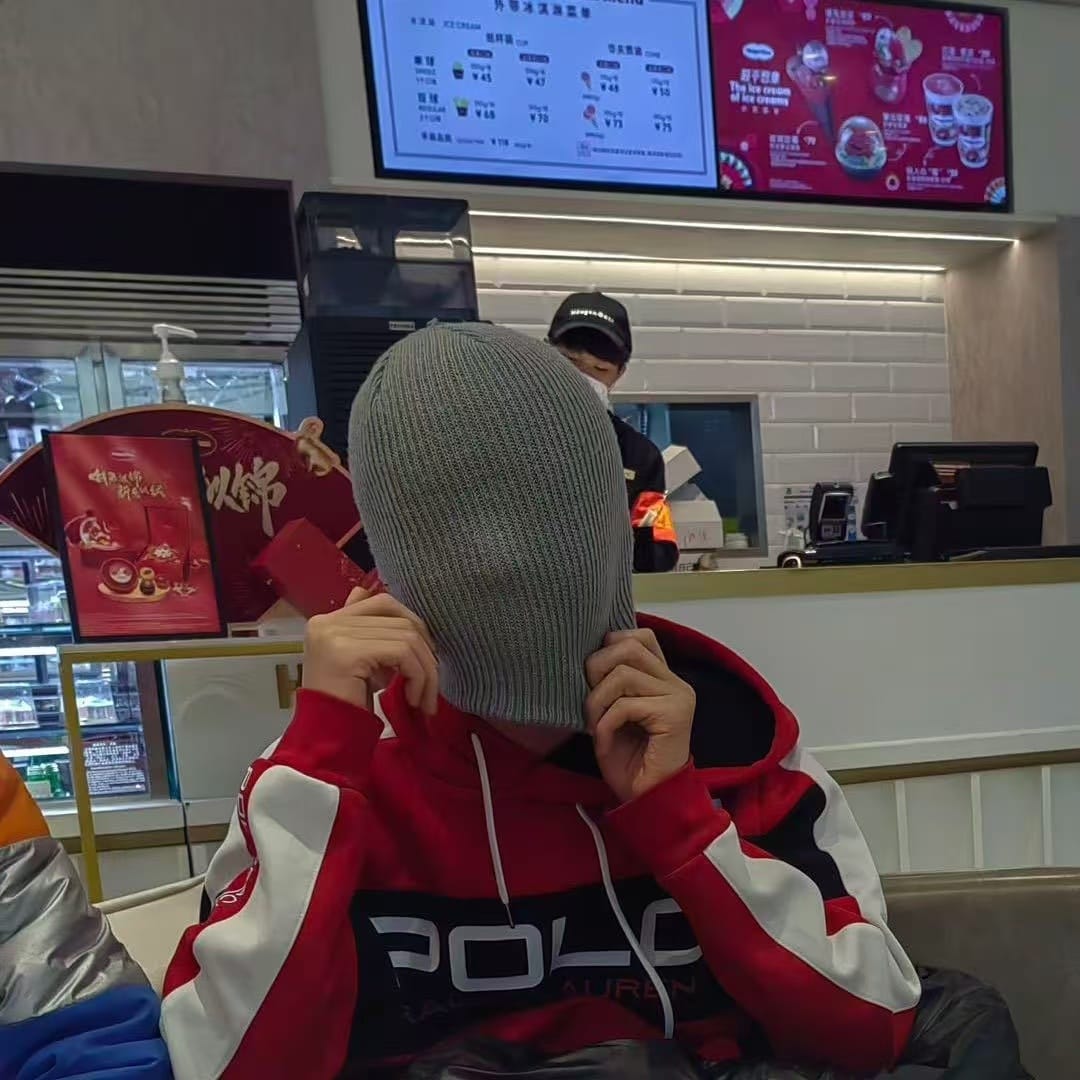Paragraph-one
Many years ago, desire was a mold of reality and longing asunder tore the soul, life was unmistakably pyramid-shaped. Humans were prey, hunted and fragile, insatiable in their needs for more, not masters, as it would have been perceived by them in another realm. Their lives were ruled by some unbeknownst force; every moment in wakefulness spent in the chase of desires that consumed them bit by bit. But here, the law differed. The animals, the rulers of this place, lived and died by a different mandate. Their souls, unfractured and unyearning, as opposed to the spirited humans, were whole. Pure. And the cycle of life and death, much like a circle, never truly came to an end
Ophelia had watched this cycle for as long as she could remember-perhaps for longer than the humans of Malgory had been aware of their place in it.
She had been many people, but her soul was the same, bound by the desires of those she was inhabiting. It was the humans' curse: with every deep want they summoned into the world, a part of their essence tore away, easing themselves closer to oblivion. But all the animals-the lions, the wolves, the birds of prey-lived with the cycle in perfect harmony. They were hunters, but they did not want more than what was necessary. Their hunger was part of the natural order, not a thirst for power or beauty or love. In their hunt, there was no cruelty, no excess; it was survival in its most unadorned, most primeval form.
Their souls did not break because they never stretched beyond themselves.
She sat at the edge of the forest and watched a pride of lions prowl along the outer edge of the village and felt they were so pure. There was a balance to their existence, a completeness to which human beings could never aspire. The hunt-leading lioness strode forward with resolution, her muscles shifting beneath her gold fur. Her eyes were bright, intent; devoid of that vacuity in their stare that was so often an annoyance to Ophelia in the eyes of humans.
She'd kill tonight, perhaps a child, perhaps one of the elders, but not because she harbored ill will. It was simply the way of the world. The humans-weak and afraid-would try to protect themselves from the beasts of the wild, but they couldn't understand that they were just another link in the chain. They were part of the same cycle, yet they were the ones fighting it, always clawing for more and never understanding the cost.
Paragraph-two
Ophelia had once asked herself why the cycle went on and on. Why souls like hers moved on from one body to the next, always searching, always wanting? Why did humans want what they could never truly possess and then die when their wanting became too much to bear? And why could she never be free of it?
The answer was simpler than she'd thought, for the circle was eternal because it had to be. Like the seasons that eternally altered, like the solar circle rising and falling, so it was natural. Their flawed existence was part of the grand design and not an error in itself. In their wanting-in their striving for more-lay the preservation of momentum.
The animals with their pure souls were the balance, where they took only what was needed and gave no more. In their simplicity, they allowed the continuance.
The wolves that hunted man, the birds that circled above, the lions that tore into flesh-none were evil, none good. They simply existed. Their souls were untouched by the weight of desire, unencumbered by the fractures that tore humans apart. And within that purity lay peace.
Ophelia envied them.
Paragraph-three
One evening, the moon pale and low in the sky, she stood at the village's edge, gazing out into the wilds. A fox flashed through the underbrush, its crimson coat flashing in the moonlight. It paused, eyes meeting hers for a moment, and in that flicker of time, Ophelia felt a curious sense of affinity.
It was as if the fox wanted nothing at all from her.
It didn't envy her life or power or love. It just existed, living its moment in the world, free from the infinite craving that hounded human beings. In the flash of that encounter, Ophelia grasped the truth: that the purity of the animal soul lay not only in its simplicity but also in its acceptance. The fox didn't resist the cycle-it moved inside of it, graciously, almost as if always attuned to the deeper laws that ordered life. She wondered if that was what set the animals apart. They didn't fight the cycle because they didn't have to. They didn't break their souls into fragments by reaching for more. They were whole, as humans could never be.
And so, when a man was taken down by a wolf or dragged under the sharp talons of an eagle, it was not the cruel nature of the world that was asserting its presence but, rather, the balances. The soul, once consumed, would move on in search of a new vessel, a new life, never complete. The animal that took their life continued with their soul intact, their role in the cycle complete.
Paragraph-four
Ophelia turned her back to the forest, weighed down by her endless existence.
She knew she could never be like the fox or the lion or the eagle. She could never be at peace within the cycle because she was within the desires of humans-the only beings capable of tearing their souls apart. And as long as there were people, there would be longing, and as long as there would be longing, there would be dying and being reborn. But over time, she had come to see, too, that this was the natural order of life. The circle, complete and infinite, did not allow for escape: man would always chase after his desires, his soul reduced to a fragment of a fragment, while animals would hunt him in their entirety and with no judgment.
Both man and beast each had their place within the grand design of the world. The animals with their untouched, unsullied souls were forever serene; the humans, grasping for things always beyond their reach, forever rent asunder by these things. It was a balance-a strange, beautiful, terrible balance-that could never be unraveled.
Paragraph-five
Ophelia stood up and watched as an hawk cut across the sky, its wings. It made no noise, no cry, and nothing except stillness against the countenance of the setting sun. Its soul was unmarred, like those of all animals, that knew nothing about the vices persecuting humankind. It existed in the circle, whole and intact, while she herself and those human beings surrounding her existed on the fringe of eternal longing.
The hawk disappeared over the horizon and Ophelia smiled dreamily. She would just live-onward-to die into the next life and face again the return of the same cycle: souls being consumed by humans and bodies by animals.













Discussion